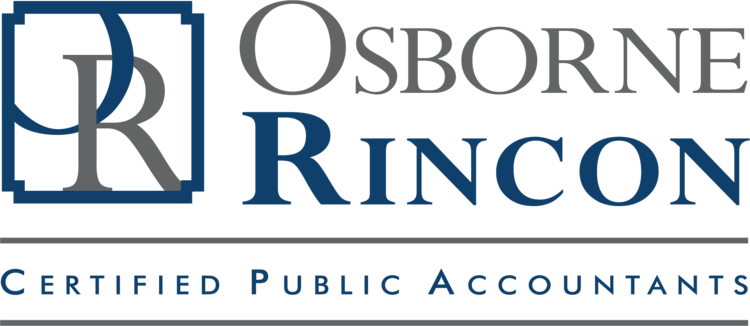By: Pedro T. Rincon, CPA, CVA
More than 50 percent of all small-business owners are 50 or older, according to the U.S. Small Business Administration. While most small-business owners intend to sell their businesses to fund their retirements, few have a written succession plan.
A good plan covers both the human-resources aspect of a transition and the financial details, particularly if the succession plan is supposed to generate the money a business owner will live on during retirement.
Let’s look at the people aspect first. A succession plan could envision keeping the business within the family, which likely already knows the business and its brand. If the children don’t want to own or lead the business, then perhaps one or a group of key employees will want to. Consideration must also be given to clients and how they will fare in the changes ahead.
On the money side of things, if business has existed a long time, chances are there is substantial equity in the business, which will need to be reflected in the sale price. Your certified public accountant should be consulted to review that the right succession plan is in place.
Mr. Rincon is a partner with Osborne Rincon, CPA’s in La Quinta. He can be reached at (442) 307-5512 or princon@osbornerincon.com.
